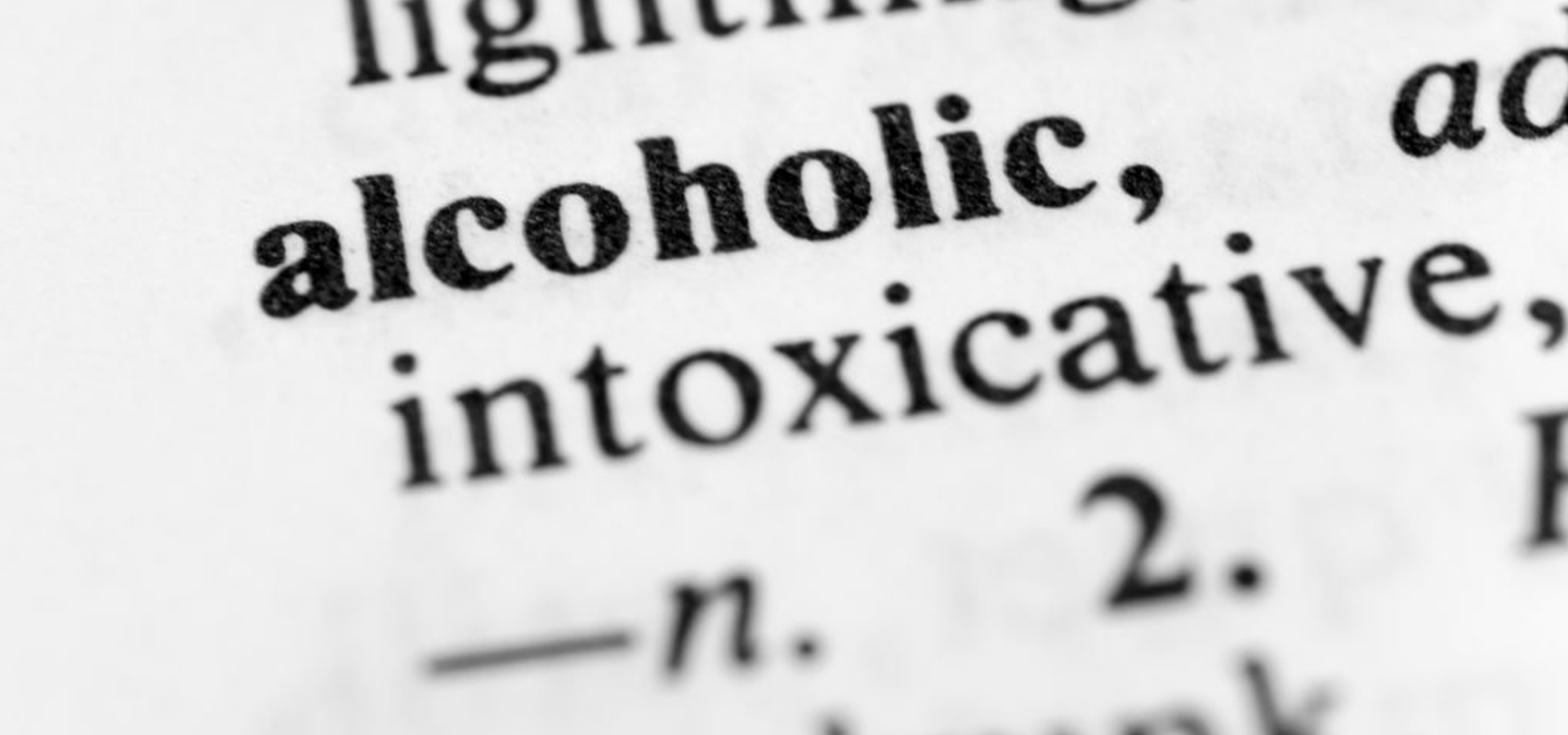[vc_row][vc_column][vc_custom_heading text=” Why Don’t Young People Reach Out For Help With Alcoholism?” use_theme_fonts=”yes”][vc_column_text]“Alcohol isn’t really a drug…” “Alcohol is legal!” “It’s not as deadly as heroin- you know what your getting!” Many young adults who meet the diagnosis for alcohol use disorder aren’t seeking treatment, because they don’t think they have a problem. In a recent study of 351 young adults who met the criteria for alcohol use disorder, 96% believed they didn’t need help and 29% thought the problem would go away on its own as they got older. So why don’t young people think alcoholism is a real problem?[/vc_column_text][/vc_column][/vc_row][vc_row][vc_column][vc_single_image image=”1196″ img_size=”full” add_caption=”yes” alignment=”center” el_class=”resp-img”][/vc_column][/vc_row][vc_row][vc_column][vc_custom_heading text=”Three common reasons why people are hesitant to seek treatment for alcohol use disorder” use_theme_fonts=”yes”][vc_column_text]Its legal: So, you can buy alcohol at a store, you can use it public, how can it be that bad- the question then becomes, if you had to buy alcohol from the sketchy part of town, from a dealer, would that make it a “bad” drug, would you then stop, or would you continue to drink? Many people don’t even consider alcohol to be a drug, and if they do, they justify it by saying its legal or “not that bad.” While alcohol is a legal drug, that doesn’t equate it to be a safe drug. Alcohol poisoning kills six people per day, which doesn’t include the number of people who die in fatal car crashes due to impaired driving or cirrhosis of the liver, which is caused by heavy drinking over long periods of time. Legal does not mean safe: Smoking cigarettes is also legal, however proven to be deadly and cancerous. Eating McDonalds everyday is legal, but we know it is bad for our health and can cause health problems. Not wearing a seatbelt is legal, but we know that increases our chances of being injured if we got in a crash. Just because alcohol is legal, doesn’t mean you should ask for help if your drinking has began affecting you negatively in any way.[/vc_column_text][/vc_column][/vc_row][vc_row][vc_column][vc_single_image image=”1197″ img_size=”full” add_caption=”yes” alignment=”center” el_class=”resp-img”][/vc_column][/vc_row][vc_row][vc_column][vc_column_text]It could be worse: Many people feel that if they aren’t heavily drinking every day, or they don’t get the “shakes” from drinking, then there drinking isn’t really a problem. Many alcoholics minimize there drinking to avoid feelings of guilt or shame, some even believe that their drinking isn’t that bad regardless of one or two negative consequences. The excuses may be “I don’t have any DUI’s” or “I don’t black out every night, it’s just a drink or two!” While these excuses may be accurate, maybe they are experiencing family problems or increased depression and anxiety- which are two symptoms of alcohol abuse and alcoholism. Everyone Else is doing it: The statistics are shocking, and the excuse “everyone else is doing it” isn’t too far off. Over seventy percent of American’s ages 18 and older reported binge drinking in the past year. Does that make it okay? No. Does that make it seem like binge drinking is normal? Possibly.Many people who engage in dangerous drinking don’t see it as a problem simply because they are out drinking with friends who drink just as much if not more, or because it’s not an everyday occurrence. Binge drinking is actually just as dangerous as drinking every day, it can cause health problems, such as liver, digestive, and alcohol poisoning, as well as legal problems such as DUI’s. If “everyone is doing it” is your best excuse as to why you continue to binge drink, ask yourself- if everyone was doing a “harder” drug would you do it?[/vc_column_text][/vc_column][/vc_row][vc_row][vc_column][vc_single_image image=”1198″ img_size=”full” add_caption=”yes” alignment=”center” el_class=”resp-img”][/vc_column][/vc_row][vc_row][vc_column][vc_column_text]88,000 people die from alcohol related causes per year. Alcohol is a hard drug. Just because it is legal, doesn’t mean it is any safer. If you or a loved one are struggling with alcohol abuse, and don’t know where to turn for help, let go and let’s chat. You don’t have to be like “everyone” else, you can decide to change your life, today.[/vc_column_text][/vc_column][/vc_row]
Home » Alcoholism and Young Adults
Alcoholism and Young Adults

Are You Covered for Addiction Treatment? Find Your Insurance.






Midwest Recovery Center
*The stories shared in this blog are meant to illustrate personal experiences and offer hope. Unless otherwise stated, any first-person narratives are fictional or blended accounts of others’ personal experiences. Everyone’s journey is unique, and this post does not replace medical advice or guarantee outcomes. Please speak with a licensed provider for help.



















